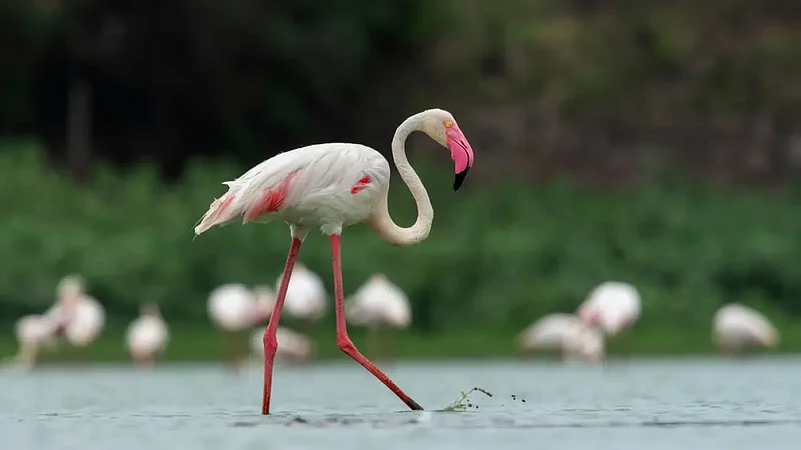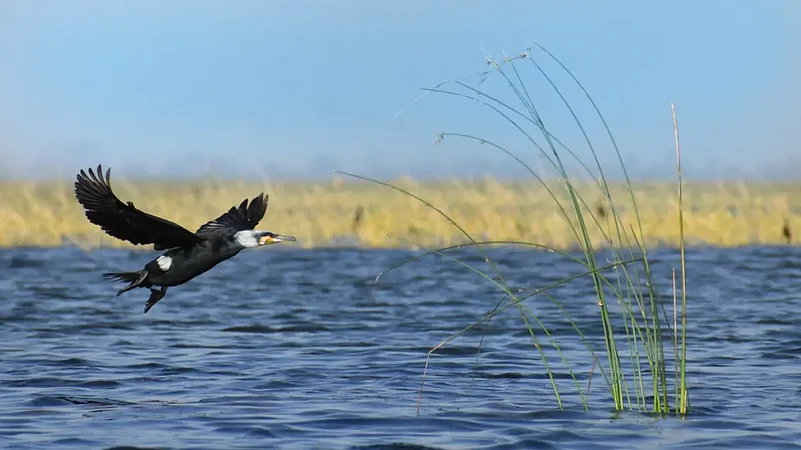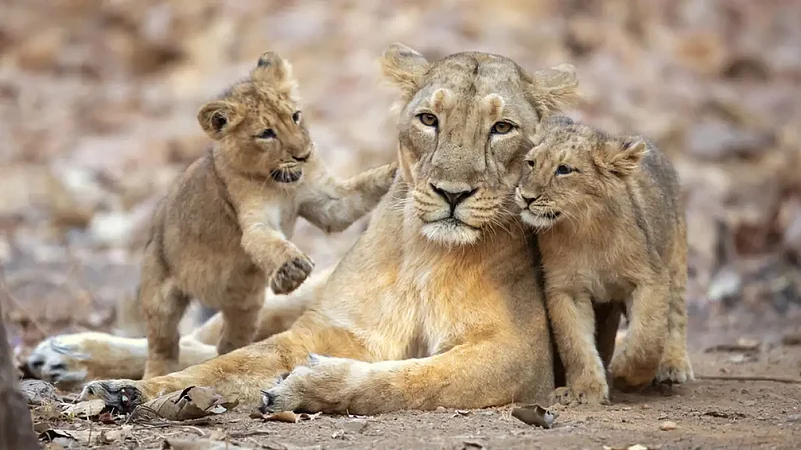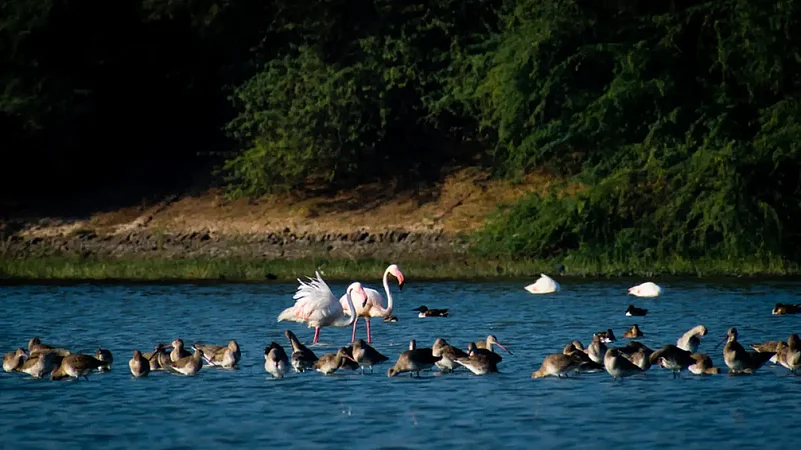The state of Gujarat is a veritable melting pot of cultures, colours, cuisines, and customs. But there’s a lot more to it than the architecture, history, and traditions. The varied ecosystems of the different regions that comprise the state make it a birdwatcher’s paradise. The many sanctuaries set across the state—near urban destinations and amid rural areas—create a popular birdwatching circuit that is best explored on a driving holiday. Set up base camp in Ahmedabad and plan your way to and fro these dream birder getaways.
Where: Ahemadabad
The UNESCO World Heritage City is a delight for bird watchers and boasts two nearby sanctuaries which serve as great birding hotspots.
Thol Lake Sanctuary

One of the most popular birding spots in Gujarat, Thol Lake Sanctuary—an open water habitat surrounded by cropland, fallow land, and scrubland—is about 30km/ 1hr from the city. The habitat supports 150 species of birds, of which about 60 percent are waterbirds. During winters, the multitude of flamingoes that gathers turns the lake into a sea of pink. Other winged visitors include the sarus crane, great white pelicans, a variety of waterfowl including mal- lards, geese, and waders.
Nalsarovar Bird Sanctuary

Located about 60km/1.5hrs southwest of Ahmedabad, this is the biggest wetland bird sanctuary in Gujarat. The beautiful natural lake has shallow waters and muddy lagoons, which are punctuated by 360 islets. Head here to see pelicans, flamingoes, coots, cranes, storks, geese, egrets, herons, ducks, and cormorants and cranes. Nalsarovar has been a Ramsar site, a list of wetlands of international importance, since 2012.
Where: Bhavnagar
The coastal city in Kathiawad was founded by Bhavsinhji Gohil in 1723. The capital of the erstwhile Bhavnagar state, it’s known for its many large and small-scale industries, temples, the popular snack gathiya, and the nearby blackbuck sanctuary.
Velavadar Bird Sanctuary
This unique grassland ecosystem, located about 144km from Ahmedabad, is best known as the home of the blackbuck, but it’s also a birder’s paradise. It is renowned for the harrier roost, pale harrier, marsh harrier, Montague harrier, and the hen harrier. Don’t miss grassland birds such as larks, wheatears, bushchats, sandgrouse, francolins, and quails. Sarus and demoiselle cranes, the spot-billed duck, painted and white storks, and the white ibis can also be seen. Less frequent sightings include the oriental prantincole and lesser florican.
Where: Gir-Somnath
Located on the southern corner of the Kathiawad Peninsula, the Gir-Somnath district is best known for two tourist attractions: the Gir National Park and the Somnath temple.
Gir National Park

The abode of the Asiatic lion is also extremely rich in avifauna. The national park hosts more than 310 species of resident and migratory birds. These include the crested serpent eagle, crested hawk eagle, brown fish owl, Indian eagle owl, rock bush quail, Indian peafowl, brown- capped pygmy woodpecker, black-headed oriole, crested treeswift, Indian pitta and many more. The Malabar whistling thrush and endangered Bonelli’s eagle may need you to look more closely.
Where: Porbandar
Best known as the birthplace of Mahatma Gandhi, Porbandar also has one of the last coasts remaining where the threatened marine mammal dugong can be found.
Porbandar Bird Sanctuary
Located with the city, this sanctuary showcases the co-existence of man and nature. The small watery haven—spread over an area of 1 sq km—is surrounded by trees and plants. Varied species of water birds and high-fliers can be seen, including flamingoes, grebes, pelicans, ducks, geese, avocets, coots, cormorants, herons, egrets, storks, ibis, spoonbills, cranes, gulls, terns, whistling teals, and many others.





















